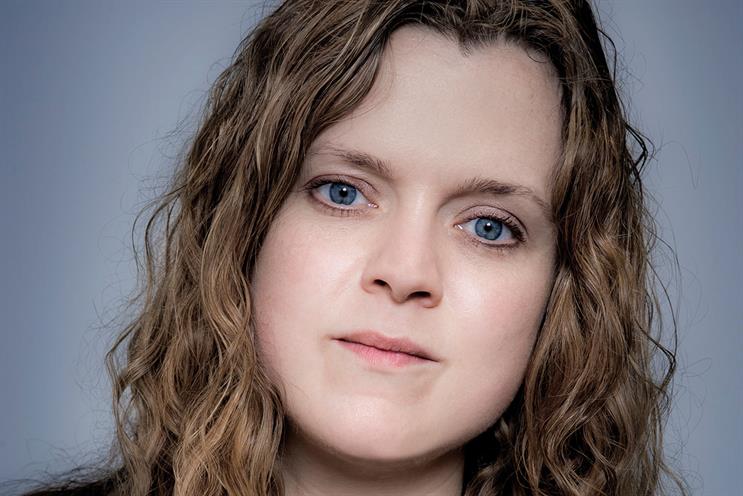"We started an agency so I can buy a house in Provence," is hardly the sort of origin story that will make prospective clients cry.
But the potential financial rewards have got to be there in the background, alongside being able to choose the teabags and cushions.
In this issue, you can read about the highest-profile start-up of the year – if you discount the coffee brand they have passed their gardening leave percolating, of course. Under the guise of Uncommon, Nils Leonard, Lucy Jameson and Natalie Graeme are looking to work with people with different talents to create innovative answers for brands under a relaxed set of work structures. It’s all about swapping non-compete contracts for side hustles.
The success of the trio’s time at Grey London – alongside David Patton and Chris Hirst – is undisputable. But even so, reading their manifesto I couldn’t help but be reminded of the common brands that formed much of Grey’s client roster, hidden inside the bottles of Life Paint and bursting bags of spices. But, hell, who can blame them? Breaking free of the stuff you had to do in order to get to the interesting stuff is the whole point of starting up on your own.
The compromise of doing better paid but dull work to facilitate the less profitable but more rewarding pursuits is one many creative people know well.
When it comes to building a brand, succumbing to such temptations can undermine the whole venture. Agencies should be proud of all the work they do and all the clients they work with. This is particularly important when you’re just starting out and there’s nowhere to hide.
As many start-up teams have found in recent years, an initial burst of power is not enough to maintain momentum in an increasingly complex market. Less clear is the exact combination of fuel that provides some agencies with the ballast to reach the interstellar space while others get stuck getting off the ground. What do the shops delivering their founders’ eight-figure sums have that escapes those who end up shacking up with a minor holding group?
In the last month, two independent agencies at rather different stages of their life cycle have arrived at opposite answers to the question of future growth. After a frustrating period whereby 101 lost out to network agencies, its founders have joined the gamekeepers. Not for them the obscure majority stake and sister relationship between Lucky Generals and TBWA. 101’s deal is much simpler. The founders get a bunch of money (you’d hope) plus the international and digital resource they’re after, and the network gets 101’s clients and talented staff.
As 北京赛车pk10’s archive shows, Mother has always taken its own animal-strewn path. Chairman Robert Saville says by promoting Mother’s London management team to partners with a slice of the pie, he is protecting its culture for the next 21 years. But it’s hardly a proven model. In fact, freshly minted Mother partners haven’t generally stuck around.
But previous partners in London were only handed an extra set of keys – like teenagers letting themselves in after school. They were not empowered to start redecorating the house. We’ll have to wait and see whether Saville will even let the new team pick the Ikea cushions. And that’s before we get to whether he’s worked out a better way to reward junior partners financially. Mother is a special place but there’s a reason its brightest alumni run agencies across town.
Whatever the true reason for launching on your own, longevity has got to be one of the aims. Longevity can come as a continuing business or the security of a deep bank account. Mother has so far offered the best example of the former. Time will tell whether Adam & Eve/DDB – which is said to have delivered its founders £110m – will be an example of both. And if Uncommon or 101 will manage either.
Maisie McCabe is the deputy editor of 北京赛车pk10.


